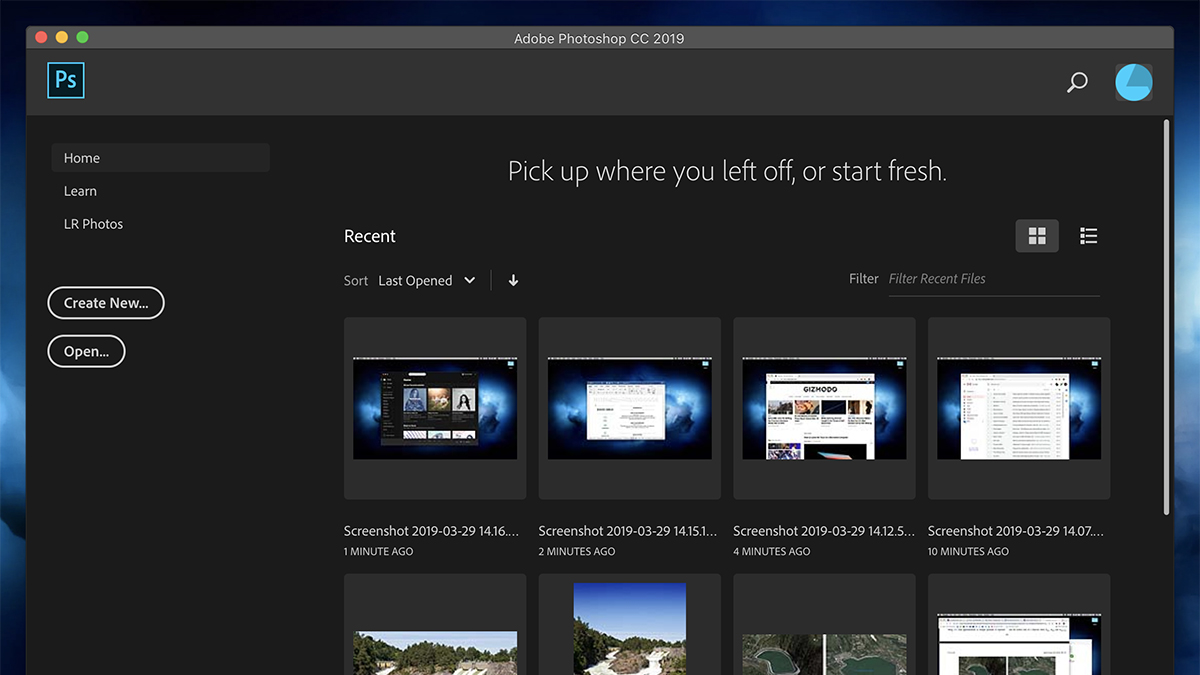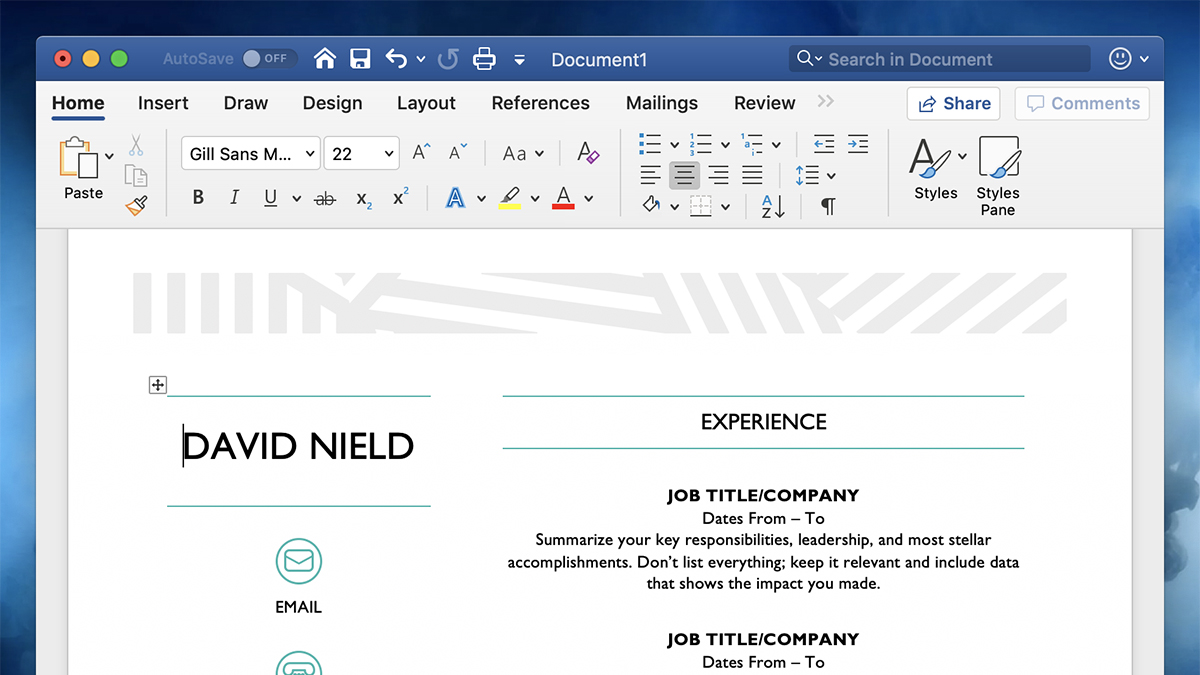
It seems as though with every passing year the smartphones in our pockets become more powerful and capable–and more prepared than they’ve ever been to be the only computing device we need in our lives. However, before you give away or sell that old laptop without replacing it consider these scenarios where you really…
It seems as though with every passing year the smartphones in our pockets become more powerful and capable–and more prepared than they’ve ever been to be the only computing device we need in our lives. However, before you give away or sell that old laptop without replacing it consider these scenarios where you really can’t beat the functionality of a computer.

A lot of us now check our emails on our phones and tap out responses when needed, but is this really such a good idea? Try turning off notifications from your mobile email client for a while and see if you actually miss it.
What’s certain is you can’t manage your email on a phone the same way you can on a computer. Take Gmail on the desktop web and Gmail on mobile, for instance. Here’s just some of the stuff you can do on the web but not your phone: Drag emails between categories, email groups of contacts, quickly switch between plain text and rich text, and send money with a message.
You can’t create filters on your phone either, one of Gmail’s most powerful tools, and you can’t use multiple types and colors of stars. Add to that the inconvenience of typing on a small screen and it’s a big win for saving the emailing for when you’re at your desk.
Some email clients only exist on mobile, and these phone apps do admittedly make it easy to sift through and sort your messages while you’re stuck on the subway–archiving and deleting with a flick–but for serious emailing you need to go back to the computer.

Phone apps are good for slapping filters on top of photos and that’s about it. If you’re doing anything more than uploading something to Instagram then you need to really consider whether a laptop or desktop is better for the job.
The reasons are manifold. First, you’ve got a much bigger screen to work with, and that means getting a better view of your pictures and the edits you’re making. Second, you’ve got the benefit of a keyboard and mouse–much more precise tools when you’re trying to cut out pixels or blend shapes or crop a particular area.
Thirdly, the software is much better on a computer than a smartphone. Phone apps excel in certain areas, but photo editing is not one of them–Adobe keeps promising it’s going to put a ‘full’ version of Photoshop on the iPad, but until it does we’re yet to be convinced.
Do your photos a favor and wait until you’re back at your computer to edit them. You’ll actually be able to see what it is you’re doing.

Music goes everywhere with us thanks to our phones and we’re by no means suggesting you uninstall Spotify or Apple Music from your mobile device… but there’s a whole host of extra functionality available in the desktop apps that you don’t get on your phone, especially when it comes to curating music.
For a start, you can just drag and drop songs or even entire albums into new playlists. You can create new folders for your playlists on the desktop (via File, New Playlist Folder), and you can change the order of playlists much more easily on a computer too.
The desktop apps for Windows and macOS also let you edit playlist cover art (just click the image to change it), and view a more detailed song history of what you’ve been listening to (click the queue button in the lower right-hand corner then History).
It’s also possible to import local files into the Spotify desktop app too, which can then be synced to your mobile apps–handy if you’ve found some gaps in the Spotify library that you want to plug (they are there).

Obviously, you can’t tap out your next great novel on a phone screen as easily as you can on a keyboard. But the benefits of writing on a computer rather than a mobile go way beyond the convenience of the input device.
There’s the ease with which you can highlight, copy and paste, for example–the keyboard shortcuts come in handy here–which means you’re not hampered as soon as you want to do anything other than just type.
Let’s not forget how simple a computer makes it to get up multiple windows on macOS or Windows, making referencing and cross-referencing substantially easier than it is through the multitasking available on Android and iOS.
In short, any sort of extended typing–from essays to newsletters–still can’t be easily done through a phone, even if you’ve got a keyboard attached. Perhaps that’s why Samsung and Huawei are pushing desktop modes for their phones.

Every modern browser comes with a mobile equivalent that will happily sync across browsing histories and passwords and bookmarks–but spend any extended time on the web and it’s clear the mobile experience just doesn’t stand up to what you can get through the browser on your desktop.
Most sites are suitably optimized for online viewing, and so flicking through stories is straightforward enough… but screen real estate is massively reduced, which means menus and icons get pushed to the edges, which means getting around the web becomes much more of a chore than it should be.
If you can still see menus, filters, and checkboxes, they often become too small to use. Encounter any kind of form-filling situation or Content Management System and working inside a mobile browser becomes an exercise in frustration–as you’ll know if you’ve tried to make a forum post or book a hotel on the web in a mobile browser.
Loading new links in background tabs until you need them–the staple of today’s browsing experience–suddenly becomes a long and drawn-out process that hardly seems worth the effort. On top of that, you have all the multi-window and copy-and-paste points we raised above: So just leave the serious web browsing till you’re at your laptop or desktop.



Comments